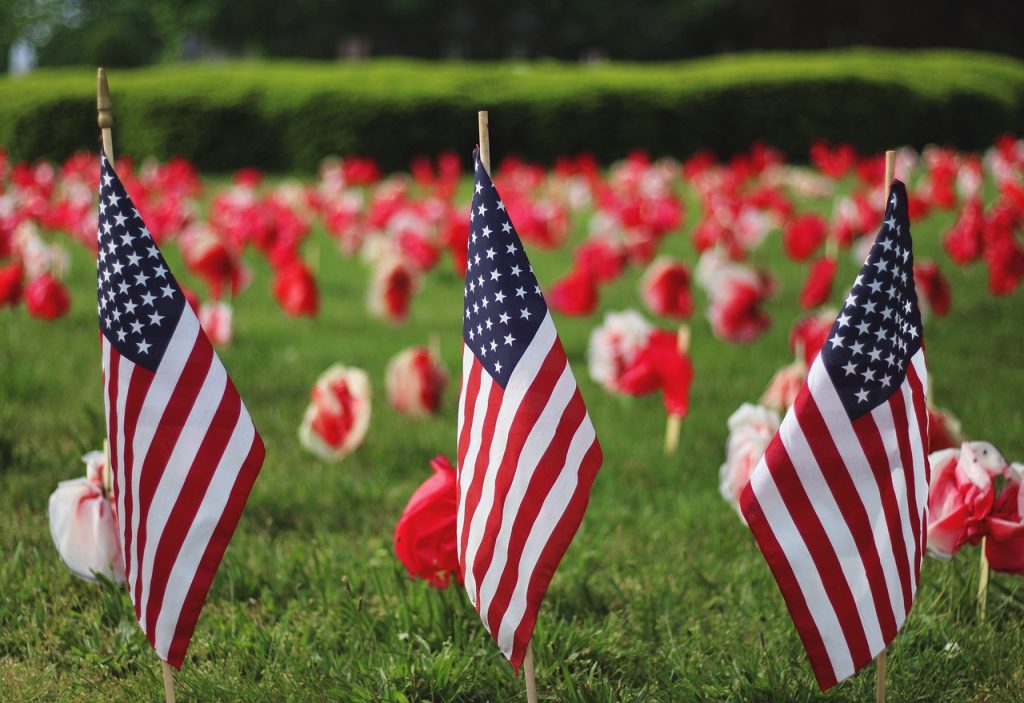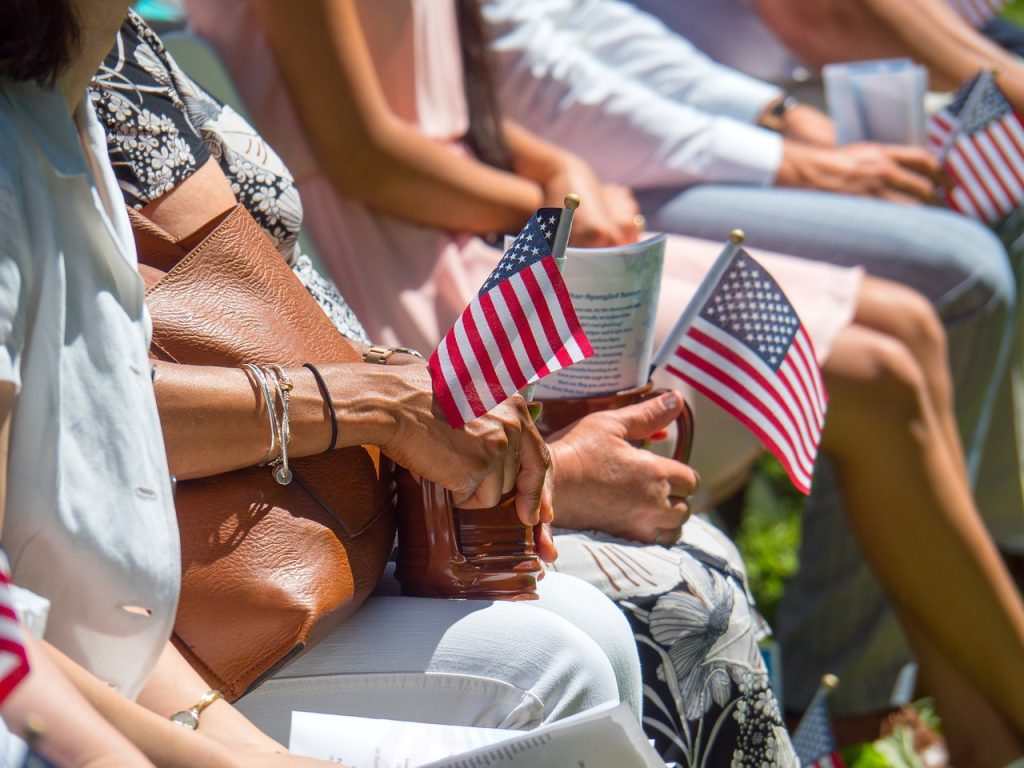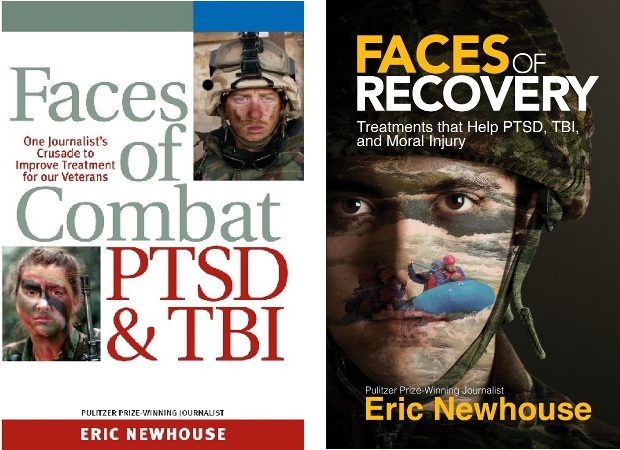Memorial Day is a time when we all come together to remember and honor the brave men and women who have served in the United States Armed Forces. While it’s always important to recognize and remember our veterans on this holiday, Memorial Day also serves as an excellent chance to shed light on the challenges many veterans face, especially regarding post-traumatic stress disorder (PTSD).

Honoring the Fallen:
Memorial Day was established shortly after the Civil War and served as a way to commemorate every American soldier who lost their lives in the conflict. Today, it has evolved into a national holiday to pay tribute to all fallen military personnel. On Memorial Day, communities across the country participate in parades, hold memorial ceremonies, and visit cemeteries to honor the memory of those who made the ultimate sacrifice for their country.
While the emphasis of Memorial Day is on those who lost their lives, it is also essential to recognize and support the veterans who have survived but continue to face their own battles. PTSD is a mental health condition that can occur after experiencing or witnessing a traumatic event, such as combat. According to the U.S. Department of Veterans Affairs, around 29% of veterans who served in Operations Iraqi Freedom and Enduring Freedom, two of the most recent conflicts in American History, will be diagnosed with PTSD at some point in their lives.
PTSD symptoms can manifest in various ways, including intrusive memories, nightmares, flashbacks, hyper-vigilance, and avoidance of triggers associated with the traumatic event. These symptoms often have a profound impact on the daily lives of each veteran struggling with them, affecting their relationships, work, and overall well-being.

Supporting Veterans with PTSD:
Many organizations, including the U.S. government, have implemented initiatives to address the growing number of veterans with PTSD. The VA offers many comprehensive programs, including counseling services, support groups, and evidence-based therapies, all of which can help veterans manage their symptoms and improve their quality of life. Our Resources page contains helpful links to many of these organizations, which you can navigate directly to by clicking here.
While progress has been made in understanding and addressing PTSD, there is still much work to be done. Public awareness campaigns, educational programs, and destigmatization efforts can help foster a supportive environment for veterans with PTSD.
That’s why it’s so important that even though the holiday is called Memorial Day, we’re doing more than remembering the fallen. Memorial Day is a chance to recognize the challenges faced by all our veterans, including those who still live and struggle with PTSD. Going forward, let’s use Memorial Day as a reminder of our responsibility as a nation to honor and support all who have selflessly fought on our behalf.
This Memorial Day, let’s remember the veterans we lost…and fight for the veterans still with us today.
Are you a veteran in need of assistance? Click this link for a list of resources made specifically for you. If you’re having suicidal thoughts, please call either The National Veterans’ Foundation at 1-888-777-4443 or the VA Suicide Prevention Hotline at 1-800-273-TALK (800-273-8255). Both hotlines are free and confidential.
If you’re not a veteran but would still like to help out, you can get involved through our donation page here







